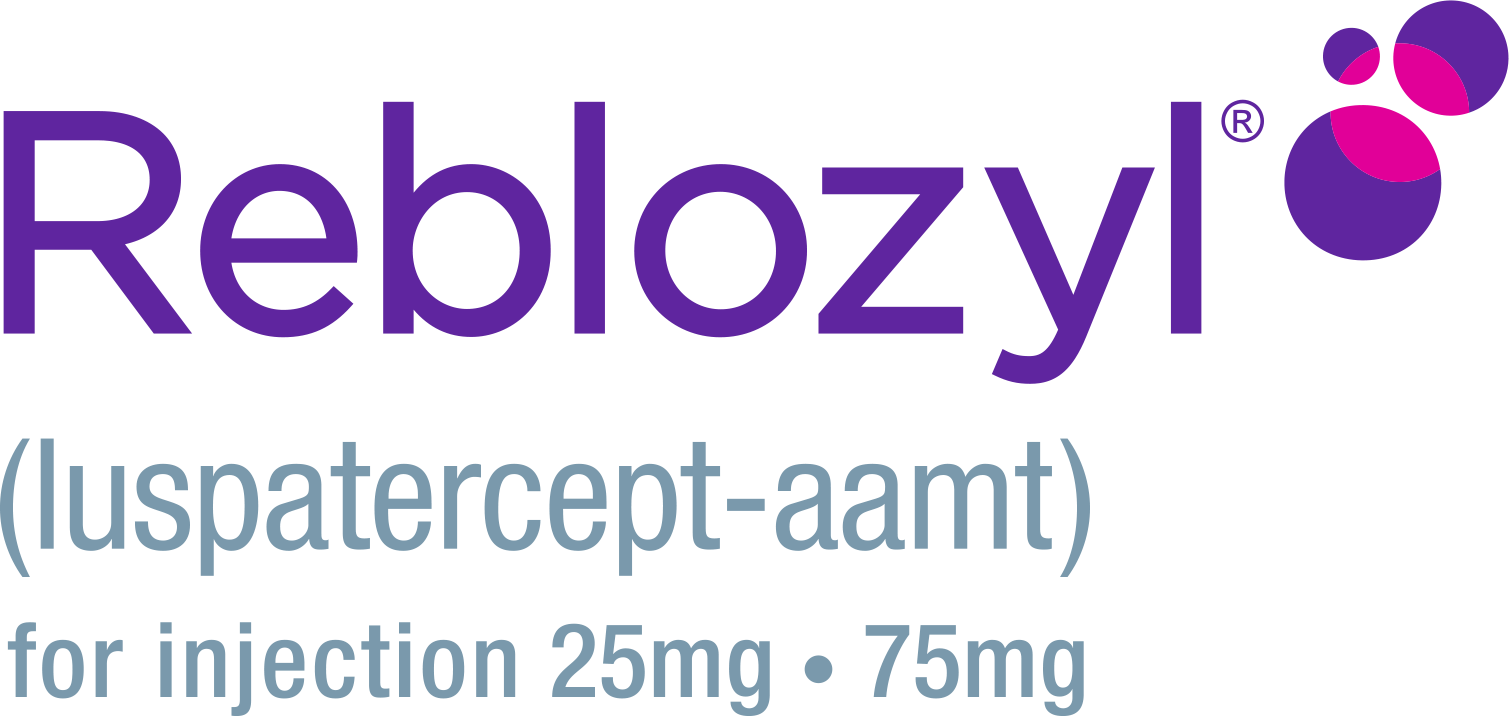What is BT?
BT is a rare blood disorder that is inherited. That means it passes down from parent to child through their genes. BT is a disorder that can lead to anemia and often requires lifelong, ongoing care.
What causes BT?
Our bodies make blood cells in the bone marrow, a soft tissue that is found in the center of most bones.
Erythropoiesis [ih-rith-roh-poi-ee-sis] is the process of immature blood cells maturing into healthy red blood cells (RBCs). When something goes wrong with this process and it doesn’t work, it is called ineffective erythropoiesis (IE).
IE can cause many different symptoms in people living with BT, including:

Anemia (low RBC count)

Higher chance of developing blood clots

Abnormalities in your bones
In many people with BT, beta globin proteins are not formed correctly
The bodies of people with BT may not make hemoglobin (Hgb) correctly. Hgb is an important part of an RBC, a type of blood cell, that carries oxygen through your body. Normal, healthy Hgb includes 2 sets of alpha globin and beta (β) globin. While these proteins are different, both are considered building blocks of Hgb. If your body doesn’t make enough of either one of the proteins, RBCs do not form the right way. That means they cannot carry the oxygen your organs need to stay healthy. This could result in anemia (low RBCs), which may be severe enough to require red blood cell (RBC) transfusions.
Many people with BT rely on RBC transfusions
What it means to have BT may vary from person to person. Because people with BT can’t make enough working RBCs, they may need RBC transfusions regularly to manage their anemia. Transfusions add new, working RBCs to your body from a donor. They temporarily replace RBCs and help increase Hgb, but do not help your body produce more.
RBCs are rich in iron, so repeated transfusions may result in iron collecting abnormally in organs like your heart, liver, spleen, or endocrine glands. This buildup can prevent these organs from working properly, so a treatment called a “chelating agent” is often used to remove this excess iron.

Some types of BT may require RBC transfusions. These include:
BT intermedia
People with this type of BT have anemia symptoms that can range from mild to severe. Many people eventually require regular RBC transfusions.
BT major (Cooley’s anemia)
People with this type of BT start showing anemia symptoms as a baby. They need regular RBC transfusions and ongoing medical care.
Based on the severity of a person’s transfusion burden, they may refer to their BT as being either transfusion dependent or non-transfusion dependent.
How is BT treated?
Living with BT and its symptoms can be challenging. The symptoms you experience may be mild, or they may impact your ability to complete the tasks of daily living. There are options available to help you manage this. Your doctor will decide the right treatment option for you.
Treatments might Include:
• RBC transfusions:
Many people with BT need RBC transfusions. RBC transfusions add donated RBCs to your body. They can improve your anemia in the short term
- RBC transfusions are usually given in a healthcare setting (such as a hospital or clinic)
This treatment helps remove extra iron from your blood
• Stem cell transplant:
A process where you receive healthy blood stem cells from a donor to replace your abnormal cells. Stem cells are a unique kind of cell that can turn into any other kind of cell. In your bone marrow, stem cells are used to make all of your blood cells


